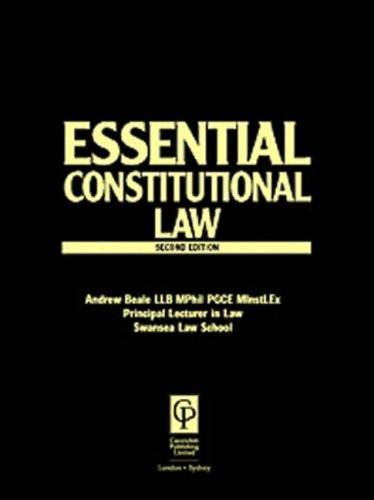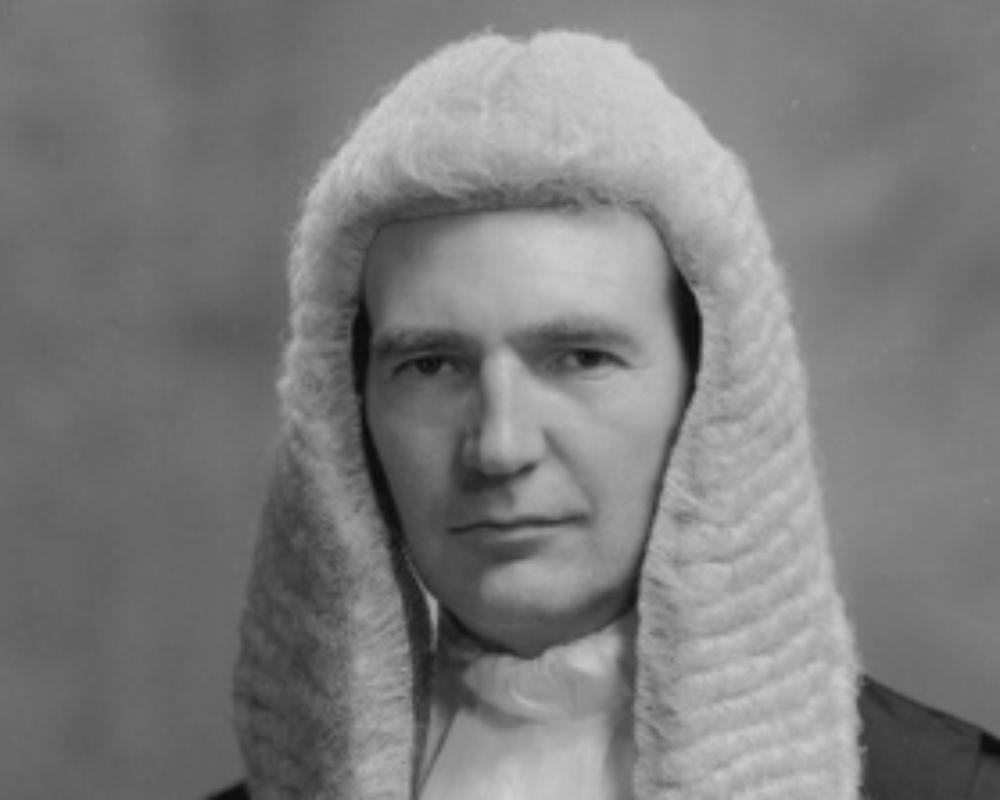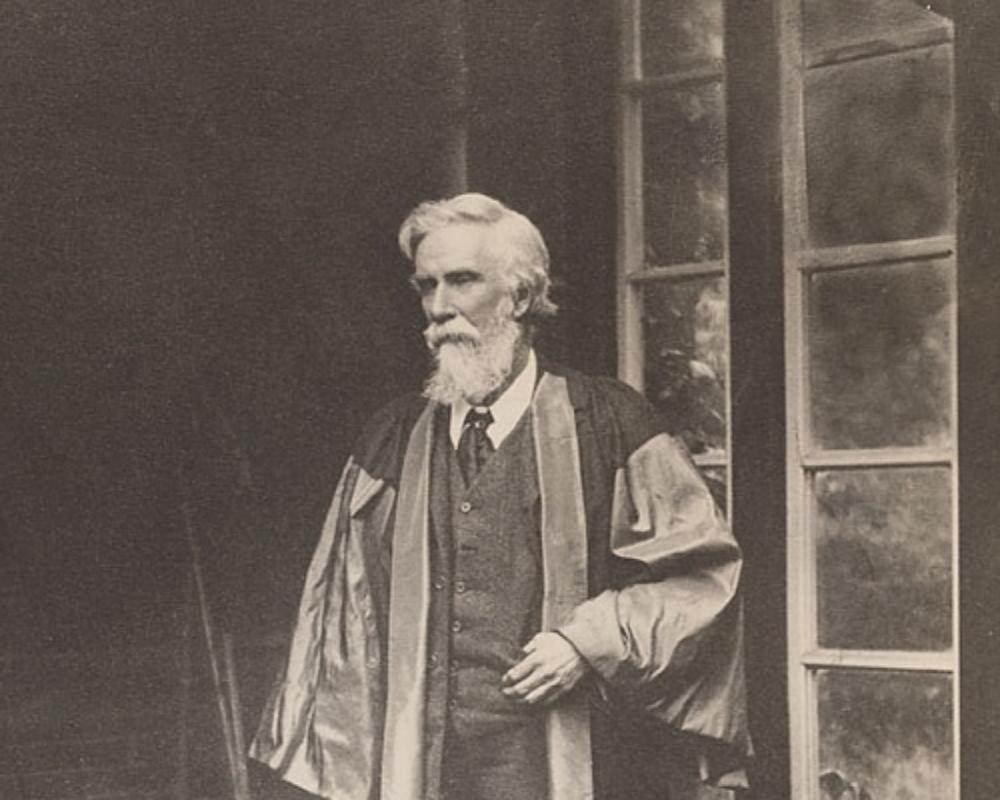Rangga Hotman Hasibuan's Key Ideas from Essential Constitutional and Administrative Law
by Andrew Beale
Ideas, facts & insights covering these topics:
6 ideas
·695 reads
8
Explore the World's Best Ideas
Join today and uncover 100+ curated journeys from 50+ topics. Unlock access to our mobile app with extensive features.
Do We Need Written Constitution?
In his article entitled, ‘The Sound of Silence: Constitutional Law Without a Constitution’ (1994) Law Quarterly Review, Sir Stephen Sedley notes , that it can be claimed:
"...in this country we have constitutional law without having a constitution, not because our constitution is unwritten but because our constitutional law, historically at least, is merely descriptive: it offers an account of how the country has come to be governed."
8
179 reads
Dynamic and Evolving Constitution
Nolan LJ in M v Home Office (1992), that:
"...the proper constitutional relationship of the executive with the courts is that the courts will respect all acts of the executive within its legal province, and that the executive will respect all decisions of the courts as to what its lawful province is."
8
127 reads
Rule of Law
In The Rule of Law in Britain Today (1989) the Constitutional Reform Centre noted that:
"Dicey held it to be essential to the rule of law that public authorities should be subject to the same law as the ordinary citizen, administered in the ordinary courts, and many of the European systems of law (based on the Roman law tradition) failed the test in giving the State a special position in law"
8
110 reads
Separation of Power
The concept of the separation of powers also seeks to attain this purpose by segregating both the functions and personnel of the three branches of government: executive, legislature and judiciary.
8
104 reads
Parliamentary Sovereignty
in 1978 the House of Commons Select Committee on Procedure concluded that:
"...the balance of advantage between Parliament and government in the day to day working of the constitution is now weighted in favour of the government to a degree which arouses widespread anxiety and is inimical to the proper working of our parliamentary democracy"
8
86 reads
Judicial Review
David Pannick QC noted in The Times, 1995:
"judges are well aware of the constitutional reality that Parliament exercises very little control over the content of primary legislation, let alone delegated legislation or administrative decisions. Nor can Parliament realistically be expected to do so, given the growth in the business of government and in the number of discretionary powers conferred. Constitutional fictions are an unpersuasive basis for seeking to encourage judges to restrain themselves when they are asked to provide remedies for the victims of injustice or unfairness."
8
89 reads
IDEAS CURATED BY
CURATOR'S NOTE
The essence of a constitution in a nutshell.
“
Discover Key Ideas from Books on Similar Topics
6 ideas
5 ideas
Language as Evidence
Victoria Guillén-Nieto, Dieter Stein
1 idea
The India Way
S. Jaishankar
Read & Learn
20x Faster
without
deepstash
with
deepstash
with
deepstash
Personalized microlearning
—
100+ Learning Journeys
—
Access to 200,000+ ideas
—
Access to the mobile app
—
Unlimited idea saving
—
—
Unlimited history
—
—
Unlimited listening to ideas
—
—
Downloading & offline access
—
—
Supercharge your mind with one idea per day
Enter your email and spend 1 minute every day to learn something new.
I agree to receive email updates




